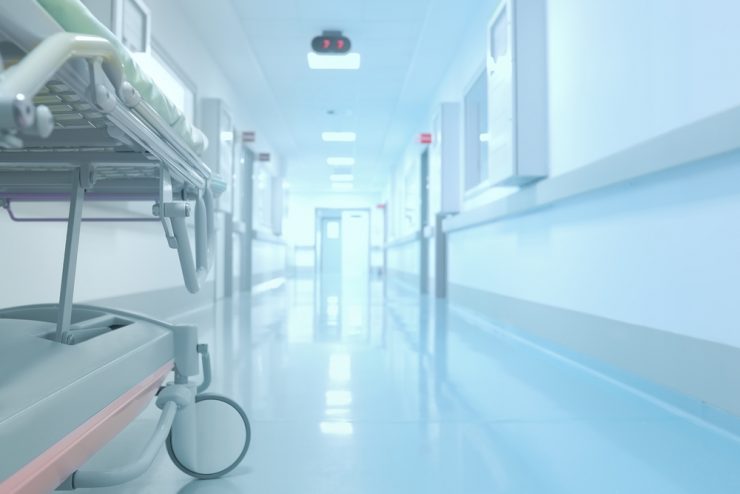Diagnosis
You need to consult the GP in case you develop syphilis; you can also consult a GUM (genitourinary or sexual health clinic) at the earliest. Complications are least with syphilis if treated on time. Genitals will be examined by a nurse or GP. Urethra, foreskin and penis will be examined in men. Internal examination of vagina will be done for women. Anus can also be examined for both women and men. A sample of blood will also be required. In case sores are found, a swab shall be used for sample collection of the fluid present in the sore and sent for testing. Routine checks of any sexual transmitted diseases like gonorrhoea or HIV should be done, as there can be possibility of developing multiple STI at a time. With in period of about 7-10 days the results will be available.
Pregnancy
Routine test of syphilis is carried out for all the women during antenatal appointment in 11-20 weeks of pregnancy. In case the results are positive, both baby and mother will be given the treatment.
Treatment
An antibiotics course of about 14-10 days can treat secondary and primary syphilis. Penicillin is usually used, in case penicillin causes allergy other antibiotics should be used. Few antibiotics can severely affect contraceptive methods containing hormones progestrogen and oestrogen like contraceptive or combined pill. You need to consult your GP in case you are using any kind of contraception so that additional methods of contraceptives are recommended. Till the completion of treatment close contact or sexual contact should be avoided. After completion of antibiotics course, test to check the existence of infection is carried out by the doctor. Successful treatment cannot protect you from a new infection.
Pregnancy
Syphilis during pregnancy can be treated successfully with antibiotics. There is no risk to the baby from antibiotics. It is very important for a pregnant woman to receive treatment. If untreated, syphilis can cause severe stillbirths, birth defects or miscarriages.
Jarisch-Herxheimer reaction
Some people experience reaction to initial antibiotic treatment called as Jarisch-Herxheimer reaction. It is assumed that reaction is caused due to death of huge amount of bacteria because of antibiotic treatment. Joint pain, muscles, headaches and fever are symptoms of this. This reaction lasts for about 24 hours, causing no severe problems.
Tertiary syphilis
Tertiary syphilis treatment shall require antibiotics doses of intravenous. The infection is stopped by treatment but it cannot repair the damage caused by tertiary syphilis.
Telling your partner
If you are detected with syphilis, you’re previous and current sexual partners should also get themselves treated and tested. People can get embarrassed, upset or angry if forced to talk about syphilis with previous or current partners. There should be no hesitation about discussing this condition or its concerns with your GP, as they can guide you further. With your consent and also maintaining confidentiality the clinic can contact your partners through a ‘contact slip’ explaining them about syphilis and requesting them to undergo the required test. You cannot force anyone for the test but it should be given a try as it leads to death.
Sex
Oral, anal and vaginal sex needs to be avoided along with skin contact of any type until the treatment is over. Or else there can be a chance of re-infection or passing it to some other person. In case sex is unavoidable use condom.
Complications
HIV
Syphilis infected people are about 5-3 times prone to HIV. As syphilis causes genital sores which bleeds and makes HIV virus enter your blood during sexual intercourse.
HIV infection with syphilis can be fatal, as the progression of syphilis can be very rapid than normal.
Prevention
Prevention is guaranteed by avoiding sex with single or multiple partners. Condoms can be very helpful especially anal or vaginal sex and vaginal dam or condom for oral sex. Sex toys should not be shared. Or at least wash it after each use. Ejaculation or sexual penetration is not necessary for this condition to spread.
Needles should not be shared by drug users. Exchange programme for needles is available with local authorities and pharmacists, wherein used needles are exchanged for new and clean ones.











